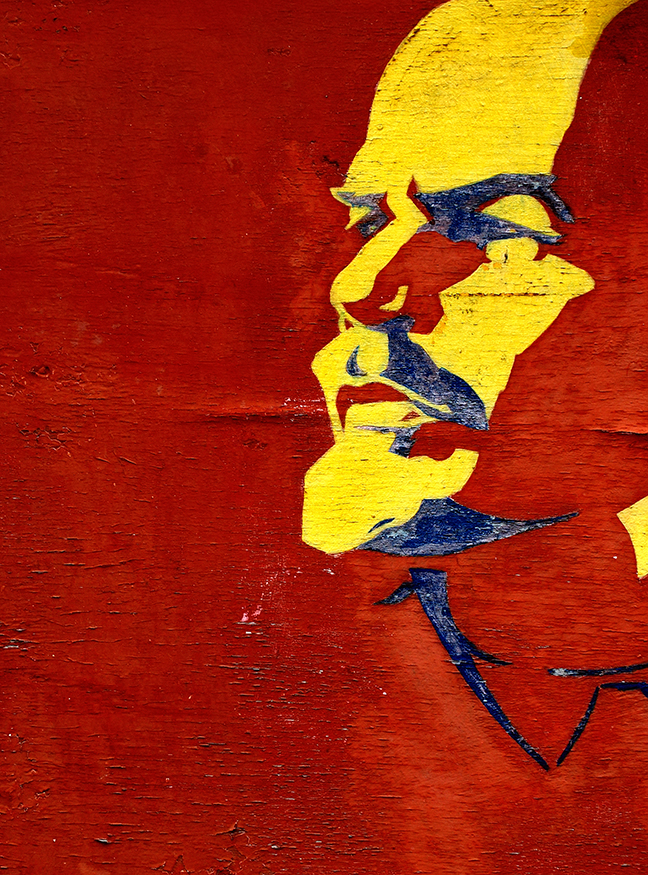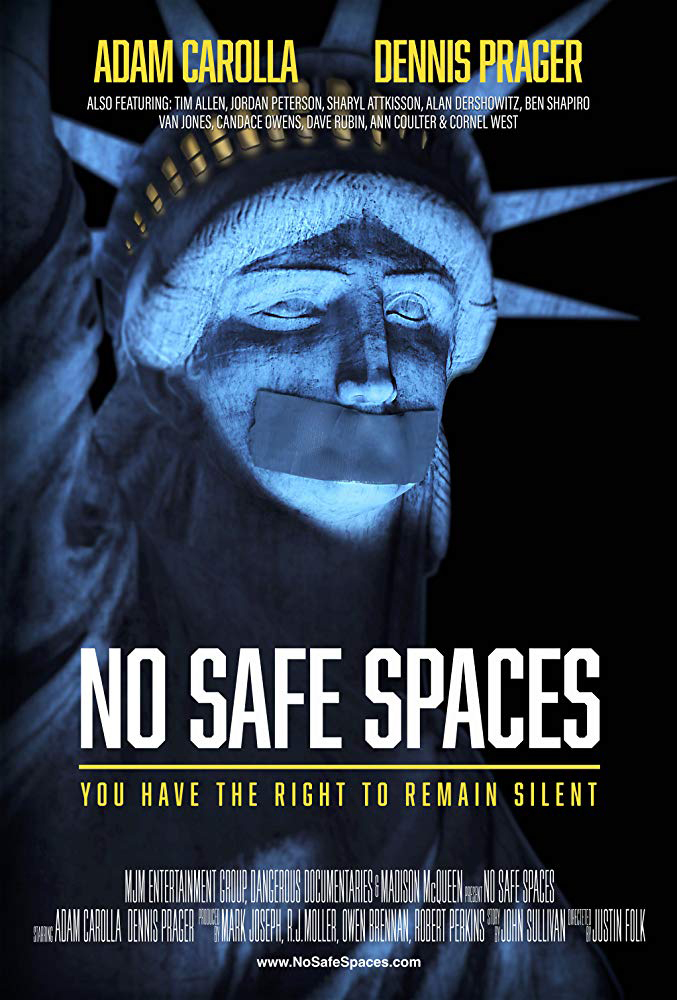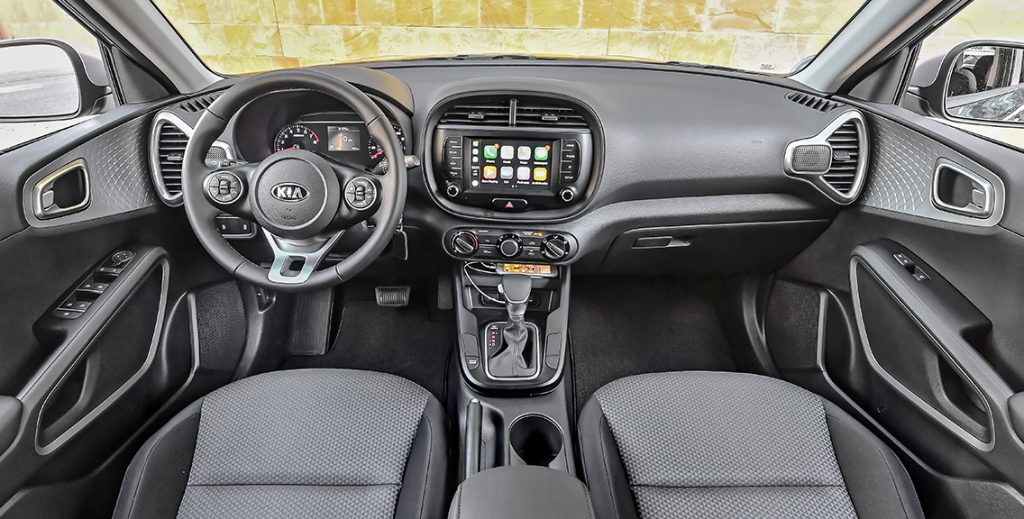If you haven’t noticed, there seems to be a movement afoot in America toward socialism. In a 2019 Harris poll, nearly half (49.6%) of adults under 40 said they would prefer living in a socialist country. The same group also favored “free” public college (67.1%) and universal health care (73.2%). Fully 75% of democrats believe America would be “better off” if it was more socialist, with about 43% of all Americans saying the same thing.
I understand that people want life to be better for everyone, but is becoming a more socialist-style nation a way to accomplish that goal? Before I go on, let’s settle on a definition of the term. Merriam-Webster defines socialism as:
1: any of various economic and political theories advocating collective or governmental ownership and administration of the means of production and distribution of goods
2a: a system of society or group living in which there is no private property
b: a system or condition of society in which the means of production are owned and controlled by the state
3: a stage of society in Marxist theory transitional between capitalism and communism and distinguished by unequal distribution of goods and pay according to work done

As far as I can tell, the basic promise of socialism is to share everything equally, where the disparity between the wealthy and the poor is eliminated. Everyone makes a “living wage” and no one goes without necessities. This all sounds very nice. Every person is guaranteed housing, health care, clean air, water, food, education, and mobility (aka, an electric car). The balance of the living wage would be needed so Americans could also afford the other “necessities” they have become accustomed to—iPhones, Pilates classes, HD TV sets, streaming music, pizza, Botox, Starbucks coffee, visits to nail salons, and of course, Amazon Prime memberships.
Bernie Sanders points to countries like Sweden as examples of this utopia. The problem is these are not socialist countries; they are hybrid nations with various levels of capitalism. True socialist countries, like Venezuela and Cuba, have economies with state-owned or controlled production and commerce. How many migrant caravans do we see invading these stellar examples of socialist Shangri-la?
Socialism generally appeals to younger people, and others, who, so far at least, seem to believe that toil, struggle, difficulty, and failure are experiences to be avoided at all costs. They pray for a “lighter load and an easier road” rather than a “stronger back.” What they are missing is that it is only through life’s challenges that we develop the character, experience, and strength to accomplish greater tasks and goals.
The lie of socialism is that there are only so many pieces of pie in the universe to be shared, whereas the truth is, capitalism allows infinite pies to be created, limited only by one’s imagination. One only need study history to understand that most of the progress in solving the world’s greatest problems—hunger, disease, and poverty—all lie at the foot of Western capitalism, not socialism or communism.
Americans must remember that the easier road never leads forward.
The inherent vice of capitalism is the unequal sharing of blessings. The inherent virtue of Socialism is the equal sharing of miseries. Socialism is the philosophy of failure, the creed of ignorance, and the gospel of envy.
—Winston Churchill










